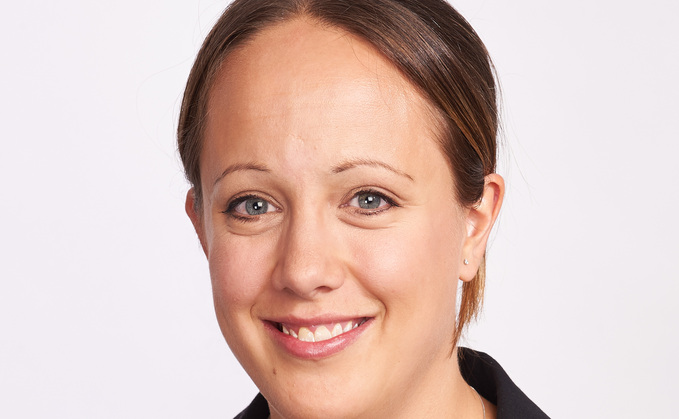
The defined benefit (DB) pensions de-risking market is likely to see one of its biggest years on record in 2023, with at least £40bn in bulk annuity transactions and £20bn in longevity hedges expected to be completed, WTW predicts.
The consultancy's latest de-risking report - Shifting up a gear: De-risking report 2023 - found that improved funding positions following a significant increase in gilt yields, along with some of the cheapest pricing seen in over a decade, meant that 2023 could see the highest volume of deals ever recorded.
However, it said that, as a result of lower scheme liabilities overall, this year is likely to see a higher volume of deals but lower average liability values being de-risked, compared to previous years.
WTW said last year saw around £44bn of pensions de-risking transactions complete, with approximately £28bn in bulk annuity transactions and over £16bn in longevity swaps.
It added that the second half of the year, traditionally a busier period, saw a dramatic change in gilt yields which increased pension scheme funding levels and lowered buyout pricing and deficit levels significantly, leading to an increase in the number of transactions completing and contemplating coming to market in 2023.
WTW managing director of pensions transactions Shelly Beard said: "The bulk annuity and longevity hedging markets continue to be busy with demand from late 2022 spilling over into 2023. The rising gilt yields, along with improved insurer pricing due to widening credit spreads and improved longevity reinsurance pricing has resulted in some schemes seeing an improvement in buyout funding levels to the extent that buyout is now within reach much earlier than anticipated.
"We have also seen a significant increase in the number of full scheme buy-ins and this trend is expected to continue in 2023."
Four predictions for de-risking in 2023
As part of the launch of its annual de-risking report, Beard also provided four predictions for the pensions de-risking market in 2023, including that full scheme buy-ins would dominate a busy market.
She said: "The story of 2022 was one of increased gilt yields, widening corporate bond spreads and improved longevity pricing. This has resulted in many pension schemes being further along their journey plan than anticipated and now close to, or at, a position where it is affordable to carry out a full scheme buy-in, which we expect will be the dominant type of transaction in 2023 and beyond.
"Furthermore, with some schemes no longer having the liquidity to undertake partial buy-ins, some trustees will prefer to undertake a single full scheme transaction rather than a series of partial buy-ins, given the absolute size of their scheme has now reduced due to higher yields."
Beard also said schemes would accelerate transaction readiness during the year - noting that, while some schemes may have experienced a rapid improvement in buyout funding levels, to the point of buyout being within reach, some may not yet be transaction ready.
She added that others, who cannot yet afford a buyout, will have seen how rapidly affordability can change and will try to be a position to move quickly when the time is right for them.
Beard said: "Transaction readiness covers a wide range of areas, but investment strategy and strategic data cleansing are two area that will be particularly important in order for schemes to be able to move quickly."
WTW also said that evolving insurer offerings would drive innovation during the year - with insurers increasingly focussing their propositions on more than just price in order to remain attractive in the market.
Beard explained: "Many will already be planning enhancements, such as providing a wider selection of investment vehicles for members' additional voluntary contribution pots, enhancing their residual risk proposition to cover the risk that incorrect benefits have been insured and improved member interface tools. These enhancements are likely to drive significant innovation in the market this year."
Finally, Beard said there was a likely to be a steady flow of deals, with opportunities for schemes prepared to be flexible.
She said: "The last few of years in the risk transfer market have started slowly, with most deals transacting in the second half of the year. However, we are expecting momentum from the end of 2022 to spill over into early 2023 and lead to a more even pipeline of schemes looking to transact throughout.
"The prospect of market volatility and unexpected events is likely to see well-prepared schemes, with robust, nimble governance structures in place who will be able to take advantage of any opportunities presented."
Read more:
LCP predicts record-breaking year for de-risking market









